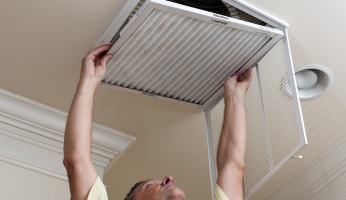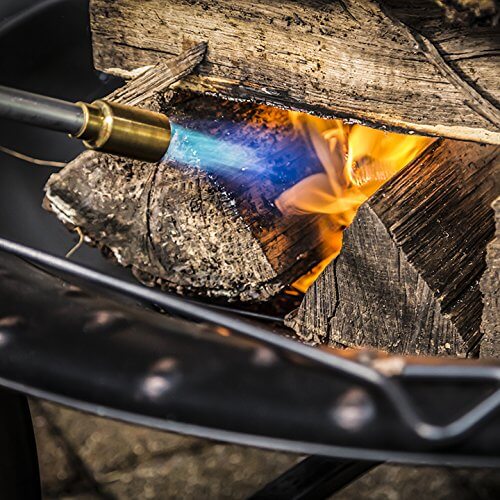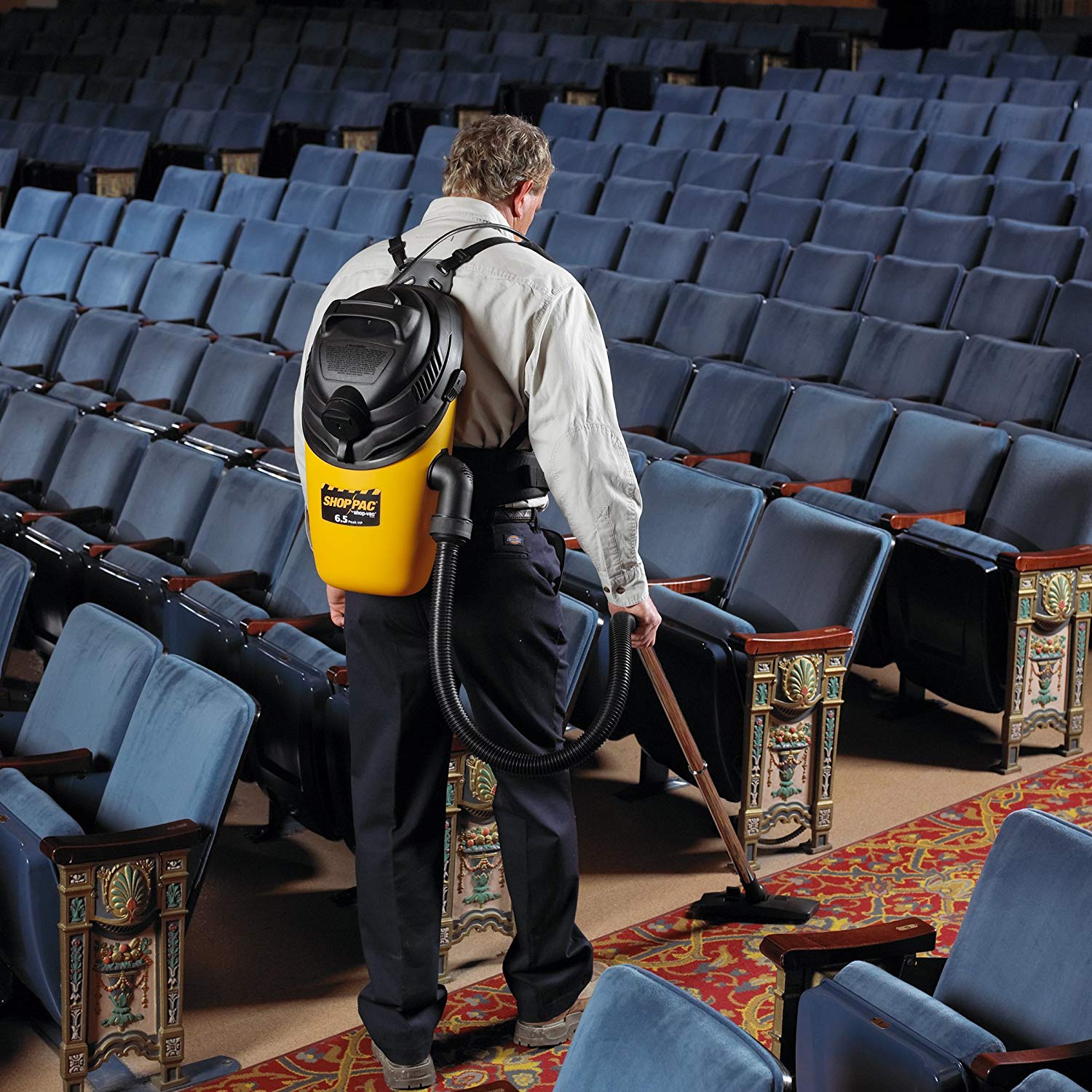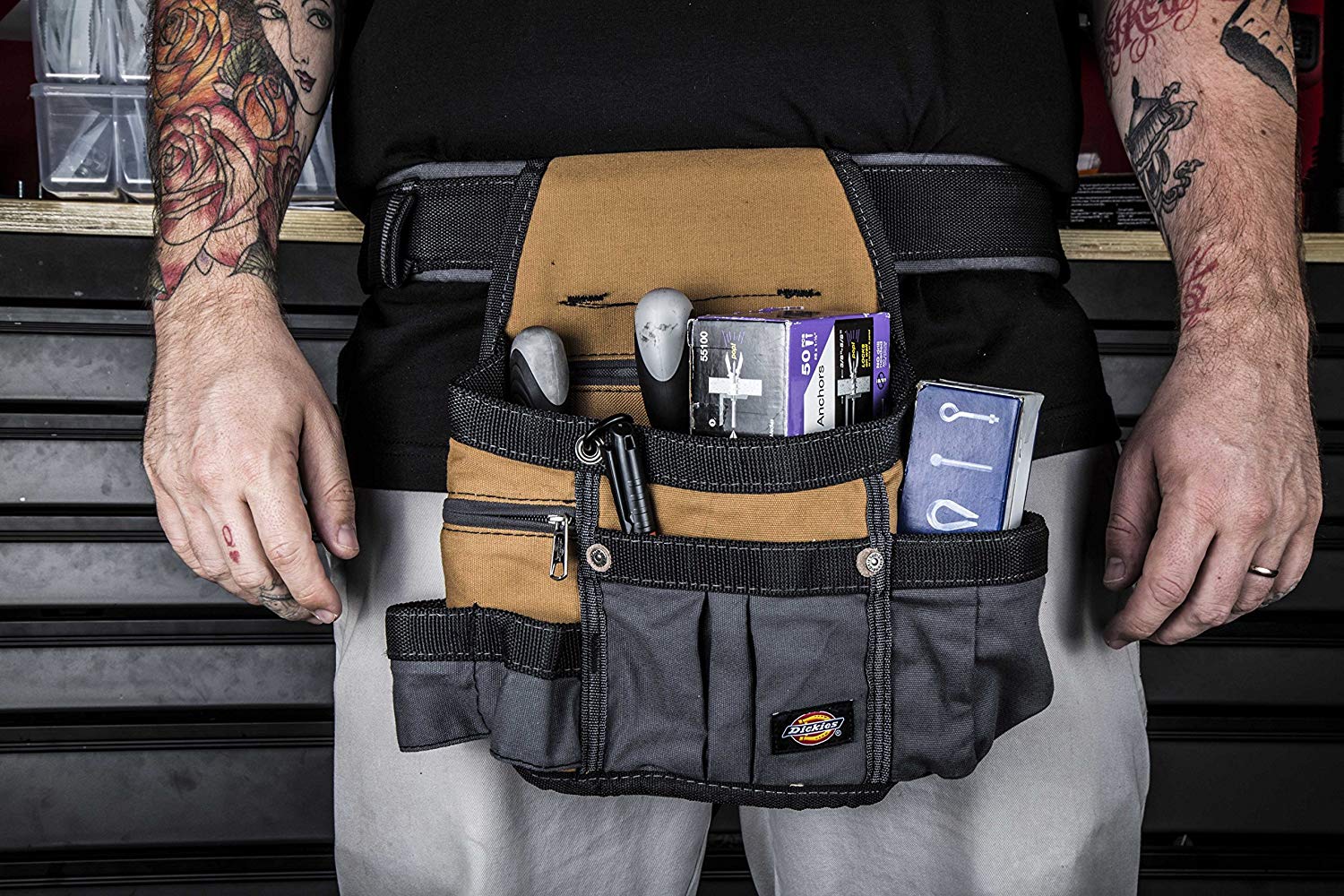- No Obligations
- Stop Paying Too Much For Your Contractor
- No Spam Calling
- Screened & ID Checked Contractors only!
Keeping Food Fresh During Power Outages: What to Keep and What to Throw Away
0
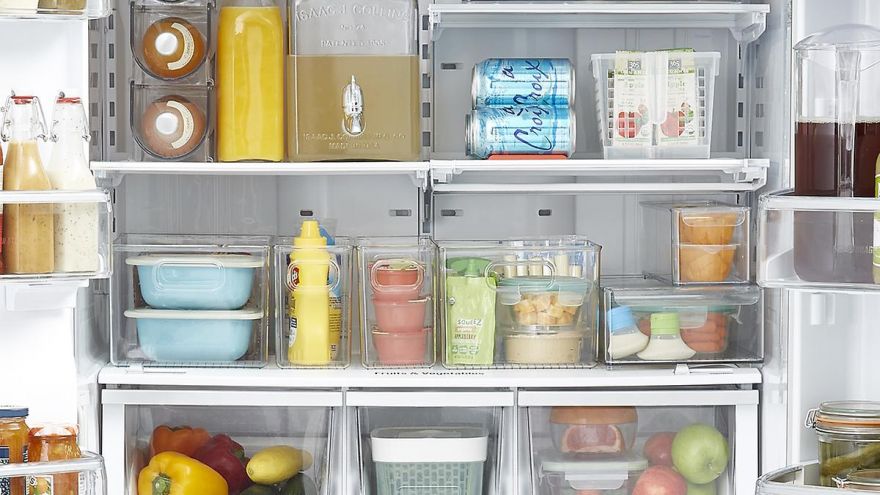 Keeping Food Fresh During Power Outages: What to Keep and What to Throw Away
earlyexperts.net
Keeping Food Fresh During Power Outages: What to Keep and What to Throw Away
earlyexperts.net
Tornadoes, hurricanes, or just straight thunderstorms. Regardless of the cause in your region of the country, you are bound to at some point have had a power outage at your home.
While some places are more prone than others, if the weather is bad enough, ultimately no power grid is safe. This is not a huge problem, but it certainly is an inconvenience, the biggest of which is mainly to do with your refrigerator.
All that food is bound to spoil if the power doesn’t come back soon enough. But where do you draw the line on soon enough? How do you know what is safe to eat after a certain time frame?
In this article, we outline exactly what to do with food when your electricity is out and fridge temperature begins to rise.
Ideal Fridge Temps
First and foremost, it is best practice to know a little bit about refrigeration and ideal temperatures before we get into the individual items inside.
Rule of thumb is thirty-five to thirty-eight degrees. Knowing this number will help you in a couple of ways. First, you’ll know when the temperature is dropping (aka the fridge is not working or the power is out). In addition, if you fridge is running at the right temperature prior to an outage and is sealed during an outage, the food inside will last much longer.
How Long Do I Have?
If and when the power does go out, make sure you keep the refrigerator door closed as much as possible. This will keep warm air from getting in and cold air from getting out.
A full fridge also stays cooler than an empty one. If you haven’t been to the grocery store in a while, fill empty water bottles up and place them in any areas with a lot of open surface area.
If the power is still out after about four hours, you will start having to make some tough calls. After this amount of time, the temperature has likely risen a degree or two. When the inside of the fridge hits forty, perishable food is as good as gone.
Foods to Throw Away:
- All protein including meat, poultry and fish. This goes for the cooked and uncooked.
- Also if there are things that contain these products in the fridge, like a chicken soup for instance, it has to go.
- Cheese and really all other dairy.
- Soy and nut milks as well.
- Eggs, regular and hard boiled, and any and all things containing eggs.
- Fruit
- Any cream or milk based dressings, as well as mayo.
Foods to Keep:
- Processed grated cheese, like parmesan.
- Fruit juice or canned fruit
- Nut butters, jams and jellies, ketchup, mustard, hot sauce, and most other classic fixin’s.
- Bread, rolls, cakes, muffins, tortillas, bagels and most other bread products.
- Raw vegetables and herbs
Proper Freezer Temp
Just like the fridge, your freezer has an ideal state of operation. You want it at zero degrees. In order to maintain this, you may need a freezer thermometer.
With the freezer, it is easier to tell what to keep and what to throw away after or during an outage. The baseline with frozen food is if it stays, you know…frozen.
In a full freezer, foods will stay frozen for up to 48 hours. A half-full freezer will begin to warm faster and thaw foods at around 24 hours.
When the power kicks back on, you should be careful about refreezing. Make sure there are ice crystals on foods from the original freeze before you throw them back in. Refreezing thawed foods can b detrimental to the food’s taste and quality as so much water is lost in the process.
Conclusion
Ultimately, when the power is out, every hour that passes threatens the food in your fridge and freezer. Most of the time, power outages are fairly short, but in the case of severe weather to a large region, it may take the utility companies a while to get to your neighborhood.
A good way to keep your family from eating out of cans for a few nights at a time is to be proactive and prepared. Generators are reasonably priced and worth the investment when you consider living in the dark for extended periods of time.
You can also get by on shorter outages with iced coolers. Maximize the time your will stay cold by keeping it stocked and monitoring temperature. As soon as you see the temperature rise to dangerous levels, you can make the switch to coolers to buy yourself a bit more time.


